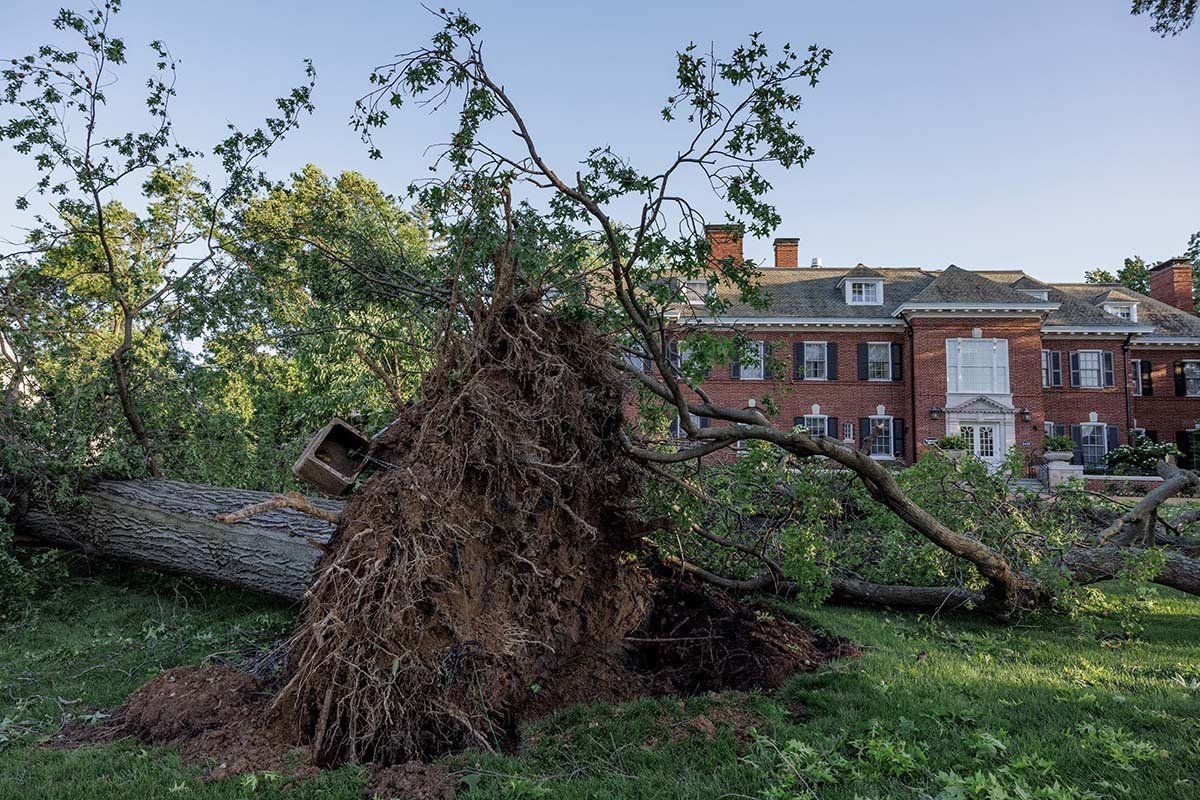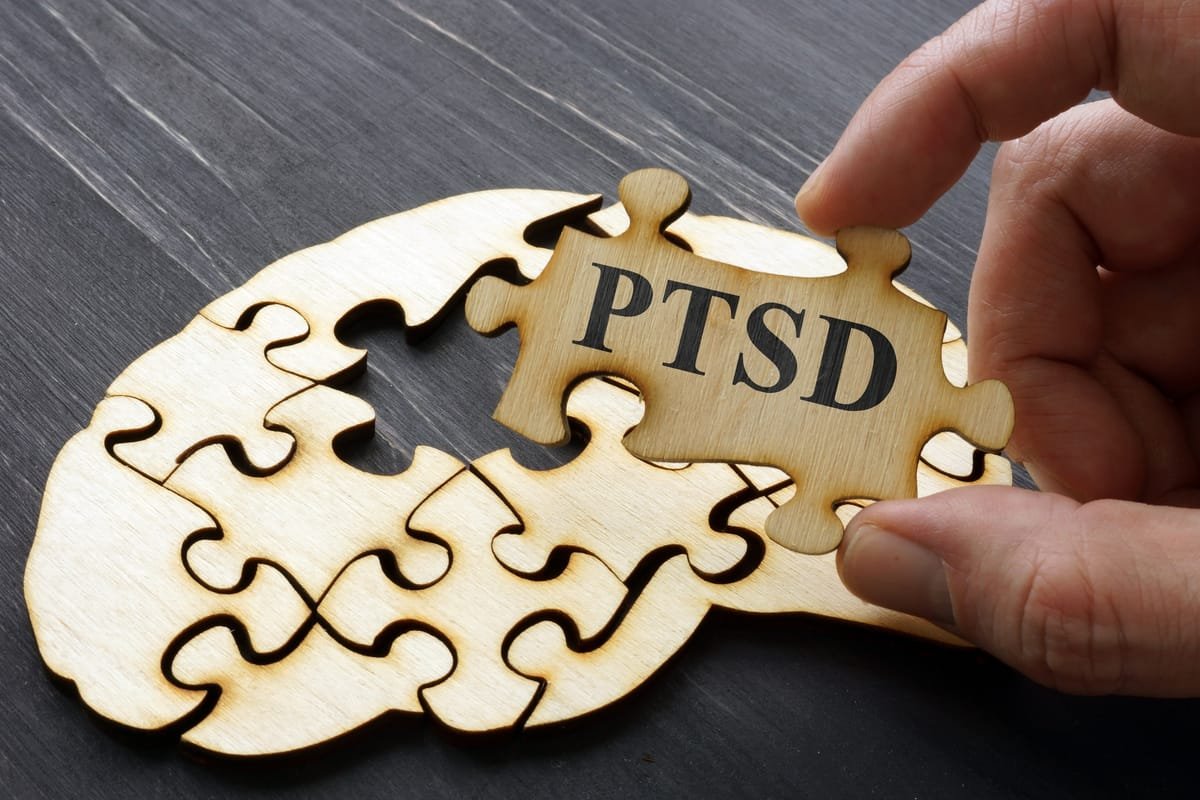Following the recent tornado that struck St. Louis on May 16, resulting in five fatalities and extensive property damage, mental health experts emphasize the need for immediate and ongoing support for those affected. Salma Abdalla, an assistant professor at Washington University in St. Louis, highlights crucial strategies for managing mental health in the aftermath of such disasters. Abdalla’s research has previously examined the mental health impact of Hurricane Harvey on Houston residents, revealing significant psychological consequences that can linger long after the physical cleanup is complete. “Disasters like tornadoes can lead to severe mental health issues, including post-traumatic stress disorder (PTSD) and depression,” Abdalla explains. Studies indicate that PTSD affects 30-40% of direct victims, 10-20% of rescue workers, and 5-10% of the general population exposed to the disaster. For example, after Hurricane Harvey, research found that 12.6% of affected residents experienced PTSD, while 5.8% suffered from depression more than three years post-disaster. In the immediate aftermath, the focus often shifts to clearing physical debris, but Abdalla stresses that addressing mental health is equally important. “People may experience trauma from the disaster itself and ongoing stressors during recovery, which can worsen mental health outcomes,” she notes. Effective disaster response requires coordinated efforts from government and community organizations. Abdalla advocates for the implementation of Psychological First Aid (PFA) in the days following a disaster, which secures essential resources like food, medical supplies, and shelter. PFA also aims to alleviate acute stress by providing support to those affected, helping them regain a sense of control. Local governments play a critical role by swiftly restoring essential services and establishing centralized resource centers for affected residents. Maintaining reliable communication channels and ensuring temporary housing solutions are also vital components of recovery. Integrating mental health services into disaster response is essential for comprehensive support. On an individual level, Abdalla encourages people to prioritize their immediate safety needs while fostering social connections. Research shows that strong social support can mitigate the psychological effects of disasters. Additionally, limiting exposure to repetitive media coverage of the disaster can reduce stress levels, as excessive media consumption has been linked to heightened emotional distress. For long-term resilience, Abdalla suggests building and maintaining robust social networks before and during disasters. Involvement in community recovery efforts can instill a sense of purpose, which acts as a protective factor against mental health issues. Recognizing the signs that mental health support is necessary is crucial; individuals should seek services early rather than waiting for problems to escalate. Looking ahead, Abdalla urges the government to invest in evidence-based training for first responders and community leaders, ensuring they are prepared to support mental health in future disasters. Policies aimed at reducing social and financial stress after disasters are also necessary to promote recovery. By taking proactive steps at both the community and individual levels, it is possible to mitigate the mental health impacts of disasters and help those affected return to their normal lives.
WashU expert outlines mental health strategies after storms


